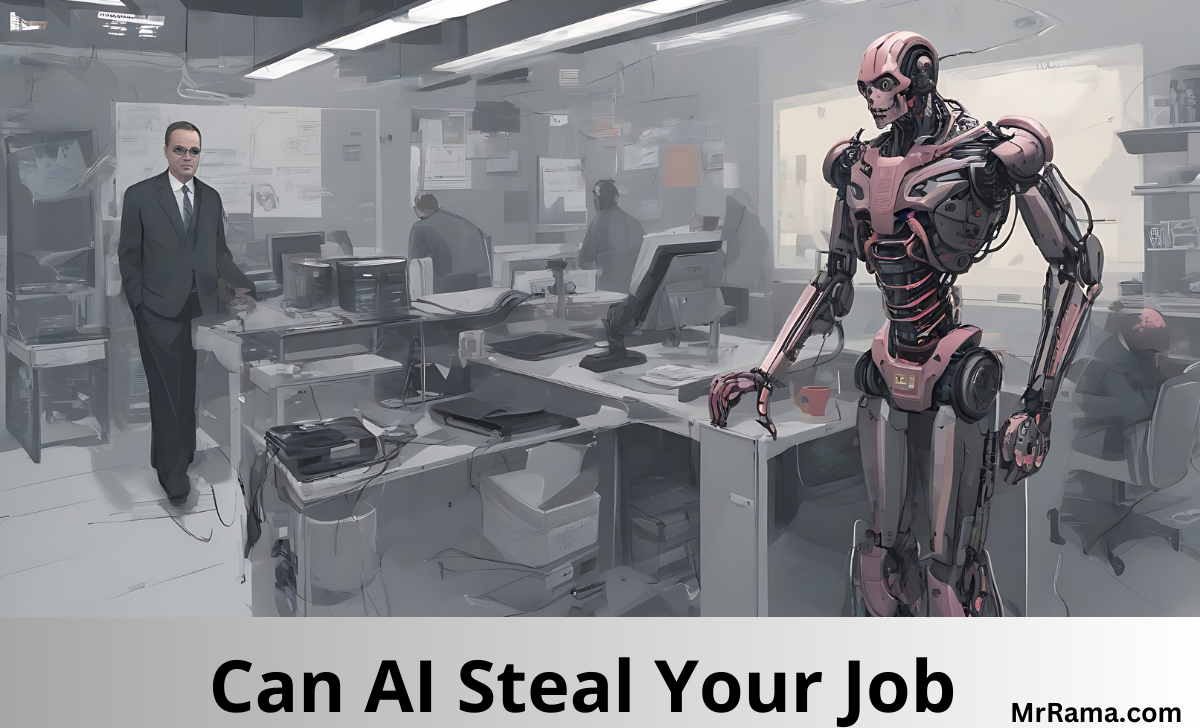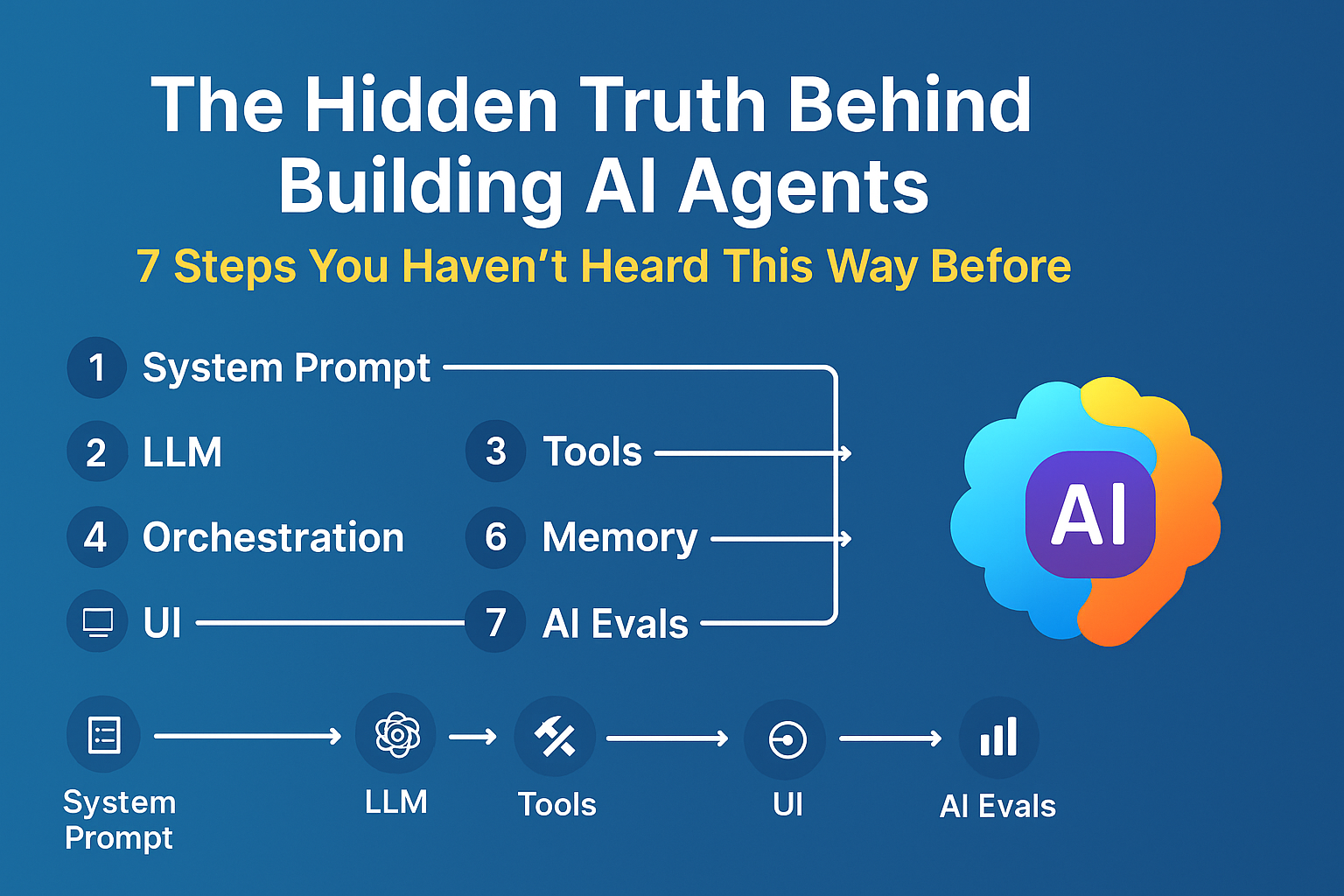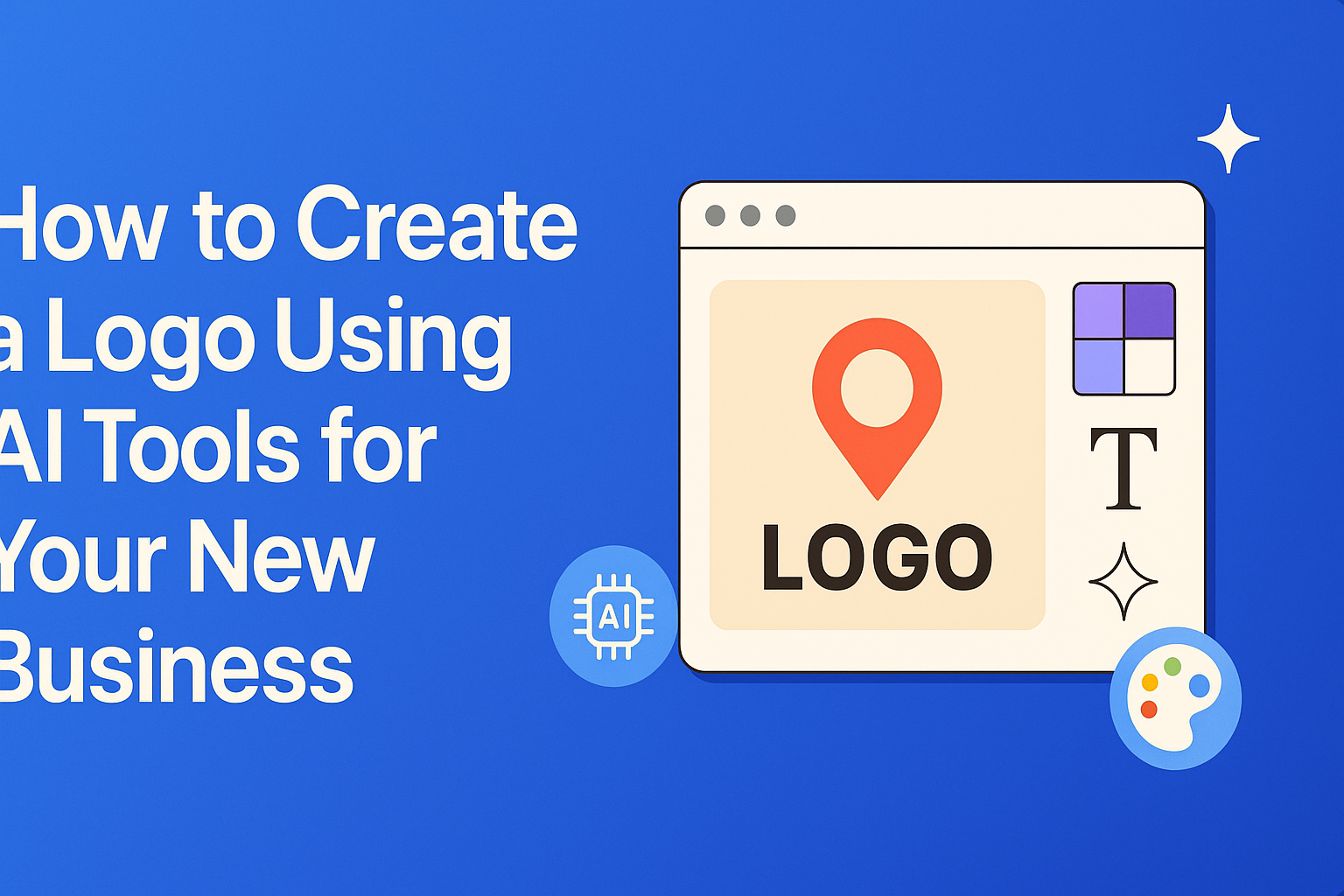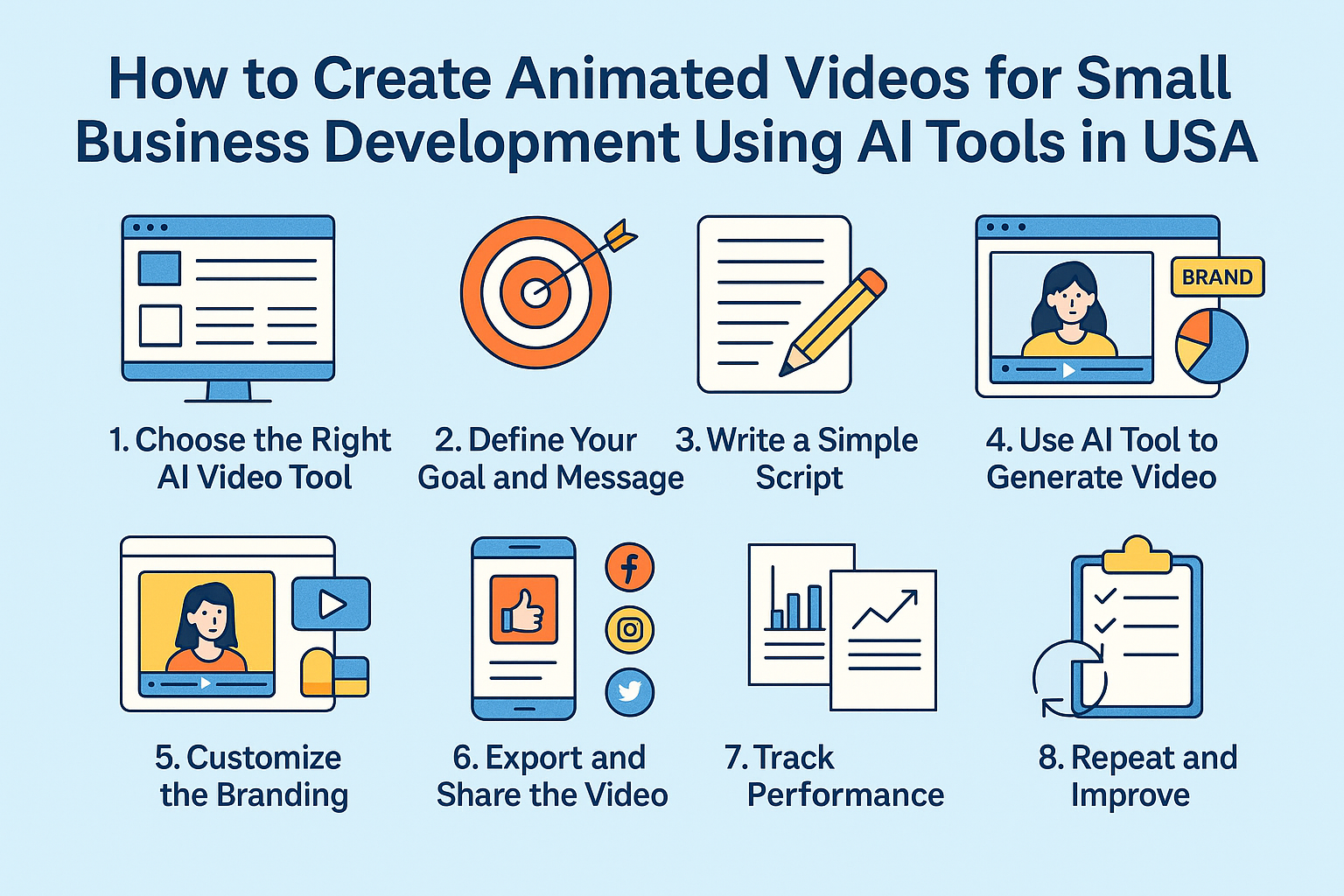Listen Now Our Blog Podcast
Getting your Trinity Audio player ready... |
Can Artificial Intelligence Steal Your Job in 2025?
The rise of artificial intelligence (AI) has sparked anxiety across the globe: “Will my job be replaced by a robot?” “Are we on the verge of a mass unemployment crisis?”
These are valid concerns, fueled by headlines depicting robotic arms welding cars and self-driving trucks zipping down highways.
But before we all run for the hills, let’s take a deep breath and explore the nuanced reality of AI’s impact on the job market.
AI: Task Transformer, Not Job Terminator
While AI automates tasks with remarkable efficiency, particularly repetitive and data-driven ones, it’s crucial to understand that AI excels at augmenting human capabilities, not replacing them entirely.
Think of a surgeon using an AI-guided robotic arm for delicate procedures; the machine handles the precision movements, but the surgeon’s expertise, judgment, and steady hand remain irreplaceable.
Similarly, AI can analyze data faster and deeper than any human, but it lacks the critical thinking, social intelligence, and empathy needed to replace doctors, lawyers, or therapists.
High-Risk vs. Low-Risk: Navigating the Shifting Sands of Employment
The impact of AI on jobs varies greatly depending on the task’s complexity and dependence on human skills.
Jobs categorized as routine cognitive (data entry, bookkeeping) or routine manual (assembly line work, transportation) are at higher risk of automation.
Conversely, non-routine cognitive (management, research, creative fields) and non-routine manual (surgery, carpentry, firefighting) jobs are less susceptible to AI displacement.
Hybrid Jobs: Blending Human and Machine for a Stronger Future
Instead of a complete replacement, AI will likely reshape existing jobs, creating hybrid roles that blend human and machine capabilities.
Imagine a financial advisor utilizing AI-powered algorithms for portfolio optimization while still providing personalized financial planning based on client needs and aspirations.
These hybrid roles demand new skill sets – a blend of traditional expertise with data analysis, digital literacy, and the ability to collaborate effectively with AI.
Education and Reskilling: Riding the AI Wave
The key to thriving in this evolving landscape lies in adaptability and continuous learning.
Educational institutions and governments must embrace the responsibility of equipping individuals with the skills needed for these hybrid jobs.
This includes not just technical skills like coding and data analysis but also soft skills like critical thinking, creativity, and emotional intelligence – areas where humans still reign supreme.
Reskilling and upskilling programs will become crucial for existing workforces to remain relevant and competitive.
Beyond Job Displacement: AI’s Potential for Job Creation
It’s important to remember that AI isn’t just a job destroyer; it’s also a job creator. New industries and roles will emerge in areas like AI development, data science, cyber security, and ethical AI implementation.
AI-driven efficiency can free up human resources for more creative and fulfilling endeavors, fostering innovation and entrepreneurship.
The Human Advantage: Embracing Our Uniqueness in the AI Age
As we navigate this era of technological transformation, it’s crucial to remember that humans possess inherent strengths that AI simply cannot replicate.
Our creativity, empathy, critical thinking, and ability to adapt to unforeseen circumstances are invaluable assets.
The future belongs to those who can harness the power of AI while leveraging their uniquely human strengths to solve problems, build meaningful connections, and create a better future for all.
Jobs at Risk of Automation in 2024
| Job Category | Examples | Automation Risk | Skills to Sustain |
|---|---|---|---|
| Routine Data Processing | Data entry clerks, payroll clerks, bookkeeping clerks | High | Data analysis, coding, automation tools, machine learning |
| Repetitive Manufacturing | Assembly line workers, machine operators, quality control inspectors | High | Robotics, computer-aided design/manufacturing (CAD/CAM), industrial automation, maintenance skills |
| Transportation and Logistics | Truck drivers, delivery drivers, warehouse workers | Medium | Autonomous vehicle technology, data analytics, supply chain management, logistics optimization |
| Customer Service and Telemarketing | Call center representatives, customer service representatives, telemarketers | Medium | Artificial intelligence (AI) chatbots, emotional intelligence, data analysis, communication skills |
| Administrative and Clerical | Receptionists, schedulers, file clerks | Medium | Project management, digital literacy, data analysis, communication skill |
Skills for a Future-Proof Career:
While some jobs may change or disappear, new opportunities will emerge in fields like AI, data science, healthcare, green technology, and creative industries.
To thrive in this evolving landscape, focus on developing these future-proof skills:
- Critical thinking and problem-solving: Machines excel at repetitive tasks, but humans shine in creative problem-solving and critical thinking.
- Communication and collaboration: Strong communication and collaboration skills will remain essential for working effectively with diverse teams and navigating complex projects.
- Adaptability and continuous learning: The ability to learn new skills and adapt to changing environments will be crucial in a constantly evolving job market.
- Digital literacy and technical skills: Basic proficiency in digital tools and coding will be increasingly important across all industries.
- Creativity and innovation: As automation takes over routine tasks, human creativity and ingenuity will be valued more than ever.
- Empathy and emotional intelligence: Jobs that require human connection, empathy, and emotional intelligence will be less susceptible to automation.
Remember: Automation is not the enemy. It can free up human time and resources for higher-level tasks, innovation, and creative pursuits.
By understanding the impact of automation, developing the right skills, and embracing lifelong learning, you can successfully navigate the changing world of work and shape a bright future for yourself.
In conclusion, the AI revolution isn’t about humans vs. machines; it’s about humans and machines working together.
By embracing the transformative potential of AI while acknowledging its limitations, we can navigate this evolving landscape not with fear, but with vision and purpose.
Let’s ensure that the AI revolution becomes a catalyst for human progress, not a harbinger of unemployment, paving the way for a future where humans and machines collaborate to create a more prosperous, equitable, and fulfilling world.




